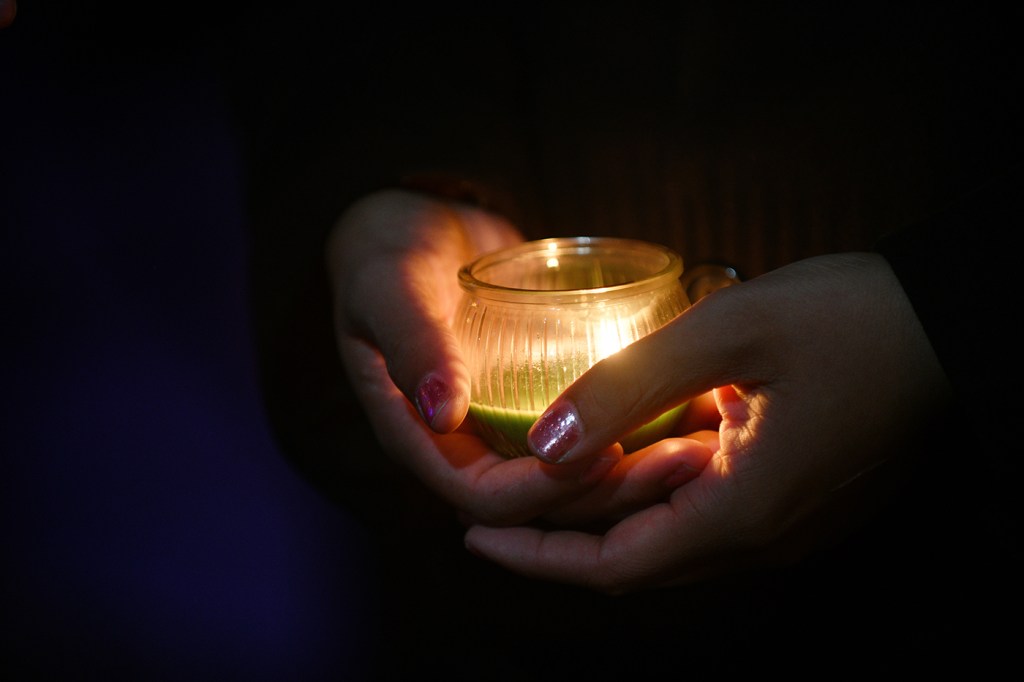Northeastern professor receives two EPPY Awards for mass killings database

The longest-running and most extensive data source on mass killings, managed by Northeastern professor James Alan Fox, has been honored with two EPPY Awards.
The Associated Press/USA TODAY/Northeastern University Mass Killing Database won the award for “Best Community Service Project/Reporting” and was runner-up for “Best Use of Data/Infographics.”

The database has been accessible to the public only since August, which adds to the distinction. The EPPYs, which are awarded by Editor & Publisher, honor digital news publishers across more than 30 categories.
Fox’s database references every U.S. mass killing in which four or more people (excluding the offender) were killed within a window of 24 hours, regardless of weapon, location, motivation or victim-offender relationship.
There have been 35 mass shootings so far this year, a number that Fox describes as unprecedented. Overall, since the start of the year, the U.S. has suffered 39 mass killings involving firearms or other weapons.
“I’ve put a lot of time and effort into this project,” says Fox, who has been studying mass killings for more than 40 years. “Nearly every day I’m working on it, trying to fill in details about cases—even cases going back years. So I was quite surprised but incredibly pleased that it has been recognized.”
Fox’s database is cited as a standard-setting collaboration among news-gathering agencies.
“This is a powerful project that demonstrates in very tangible, visually accessible ways the epidemic of gun violence in America,” writes an EPPY judge.
Adds another judge: “This is the sort of news gathering project that should be required reading in our high schools and higher learning institutions. And it should be held up as an example to all of the journalism and mass communication students across the country as [an] example of how the media can shape the country.”
Fox’s database provides a different perspective than other firearm-related sites, including the Gun Violence Archive, which includes shootings with four or more victims, most of whom survive their injuries. About 5% of mass shootings in the Gun Violence Archive are mass killings.
The database enables users to compare mass killings year by year. It shows that just over 20% of mass killings do not involve firearms, Fox says.
“There’s a lot of misinformation about the patterns and trends in mass killing, and one way to deal with the panic and fears that are rampant is with our data,” says Fox, the Lipman Family Professor of Criminology, Law and Public Policy at Northeastern. “This database is quite comprehensive in terms of the amount of information on each case, going back to 2006.”
The database was launched in 2012 by USA TODAY, which in 2017 found itself unable to maintain the project. Shortly thereafter, Fox began entering information into the database, while its administration was shared by USA TODAY and the Associated Press.
Fox oversees the database and adds information drawn from media reports, FBI data, arrest records, medical examiners’ reports, prison records and other court documents.
The website features simple graphics and an intuitive structure that enables visitors to quickly access and grasp the information. Publication was delayed several times as its developers at USA TODAY worked to build a site “that would last and that would be carried into the future,” says Shawn J. Sullivan, an editor who leads visual projects at USA TODAY.
“We wanted to create something that didn’t just throw a huge amount of data at you, but actually told you a coherent story,” Sullivan says. “That’s why we chose a visual story format, so it would be familiar to readers—and they could know that it was always up to date and providing the most recent information.”
For media inquiries, please contact media@northeastern.edu.
